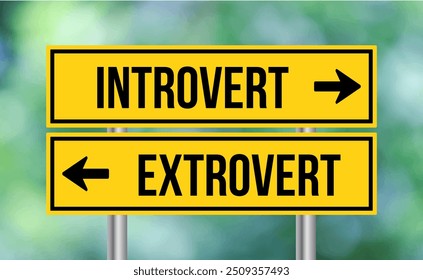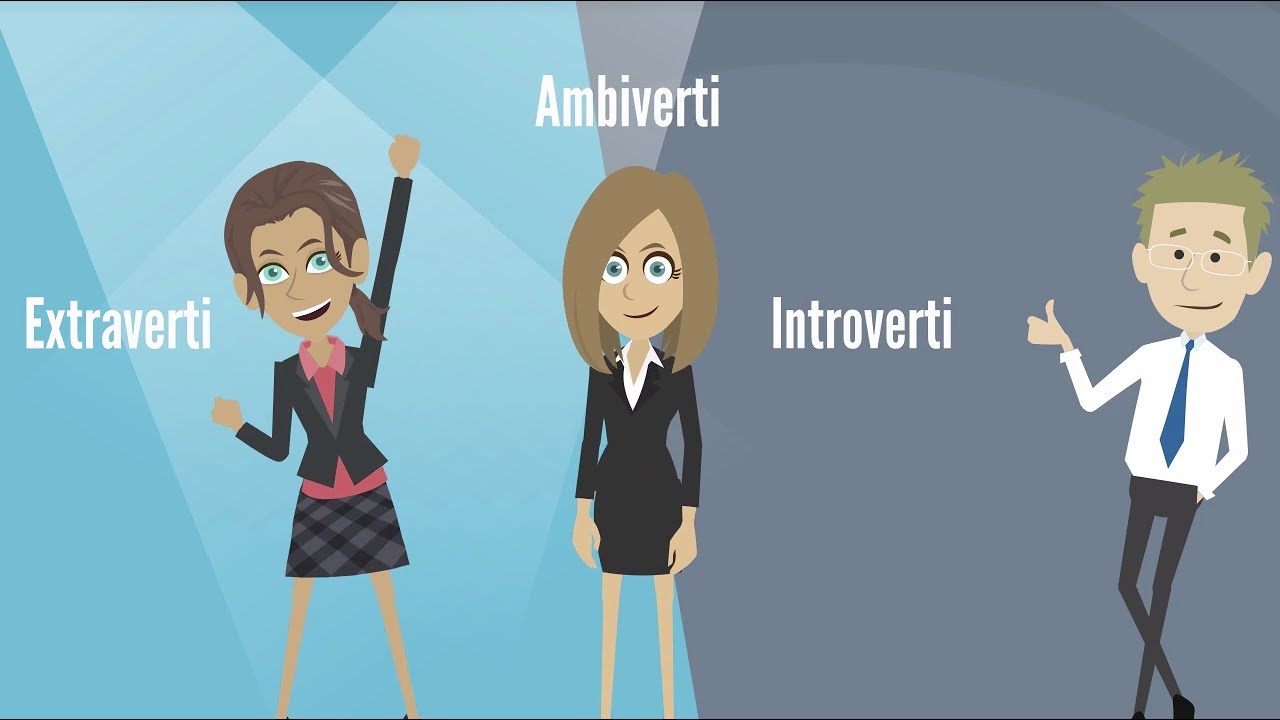Being talkative, sociable, and friendly does not necessarily mean being extroverted. You may feel some confusion in seeing yourself as a socially engaged person, but without fully identifying with that term. This subtle nuance reveals the complexity of our personality, where simply talking a lot is not enough to define our way of interacting with the world.

Being talkative, sociable, and friendly does not necessarily mean being an extrovert. These characteristics can be present in a person without them being entirely oriented towards constant social interaction. Extroversion, as a personality trait, involves an active pursuit of external stimulation and a natural inclination towards contact and communication with others.
A person can be very sociable in specific contexts, enjoy exchanges, and feel comfortable in social situations while also needing periods of tranquility to recharge. This could indicate a certain ambivalence between introversion and extroversion, a state sometimes referred to as ambiversion.
A talkative individual may enjoy discussing and exchanging ideas without necessarily seeking the company of others systematically. Similarly, being sociable and friendly means having an open mind and courteous and pleasant behavior towards others, but not necessarily an incessant quest for social interaction as an extrovert would.
It is therefore crucial not to confuse these behaviors and traits with the personality trait of extroversion. Everyone has a unique way of behaving socially and finding a balance between moments of inner reflection and social interactions.

When you hear the word extrovert, you probably imagine someone who is constantly talking, making endless jokes, and loves being the center of attention. However, being talkative and sociable does not necessarily mean you fit into this category. I enjoy deep discussions and the company of others, but I often find that the term “extrovert” is too reductive to define my unique personality. Yes, I like social interactions, but I also feel the need for moments of calm and reflection.
The Nuances of Sociability
It is important to understand that sociability is not an exclusive trait of extroverts. In fact, the introvert-extrovert axis is a spectrum, and many people, like me, sit somewhere in the middle. This is what psychologists call being ambivert. This means you can enjoy a lively evening with friends while also loving to spend time alone with a good book or meditating on your thoughts.
The Qualities of an Ambivert
As an ambivert, I am fortunate to benefit from the best qualities of both worlds. The flexibility to adapt to different social situations is a major asset. Introverts and pure extroverts can sometimes feel limited in certain situations, but being an ambivert allows for easy adaptation. This capacity also facilitates negotiation and complex social interactions by strategically using traits from each end of the spectrum.

FAQ
Q: What does it mean to be ‘extroverted’?
A: Being extroverted means having an orientation towards social interaction and a preference for stimulating environments, with frequent interactions with others.
Q: Can one be sociable without being extroverted?
A: Yes, it is entirely possible to be sociable and friendly without being extroverted. Some individuals may enjoy deep and meaningful social interactions without continuously seeking social contacts.
Q: How can I tell if I am an extrovert or an introvert?
A: An extrovert draws energy from social interactions and dynamic environments, while an introvert prefers solitary and reflective activities. Reflect on your preferences and behaviors to identify your tendency.
Q: What personality traits reflect an extroverted tendency?
A: Common traits include sociability, emotional expressiveness, assertiveness, and a pursuit of stimulation and novelty.
Q: Can one become more extroverted over time?
A: Yes, although our personality traits are partly innate, it is possible to work on social skills and gradually increase sociability through deliberate practice.
Q: Why doesn’t the term ‘extroverted’ fit everyone?
A: The term ‘extroverted’ often implies a level of sociability and dynamism that some sociable people do not necessarily reach. Everyone has a unique combination of personality traits.











